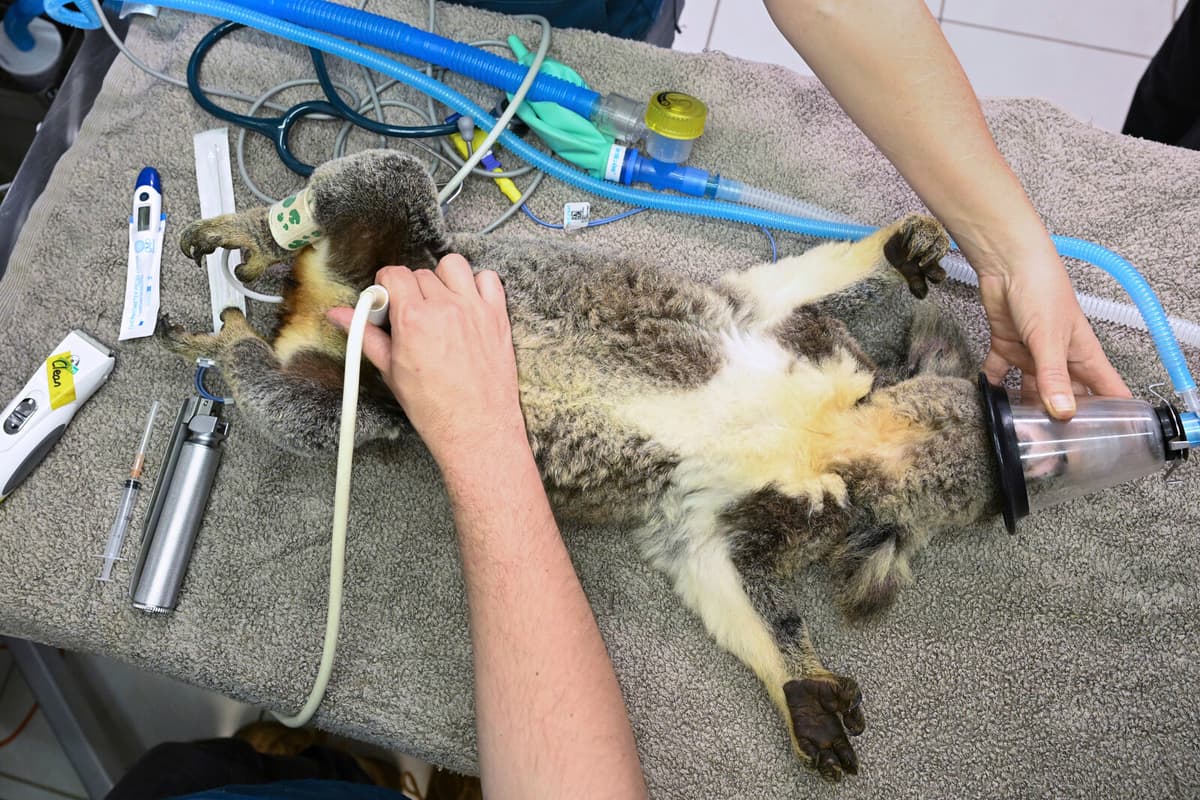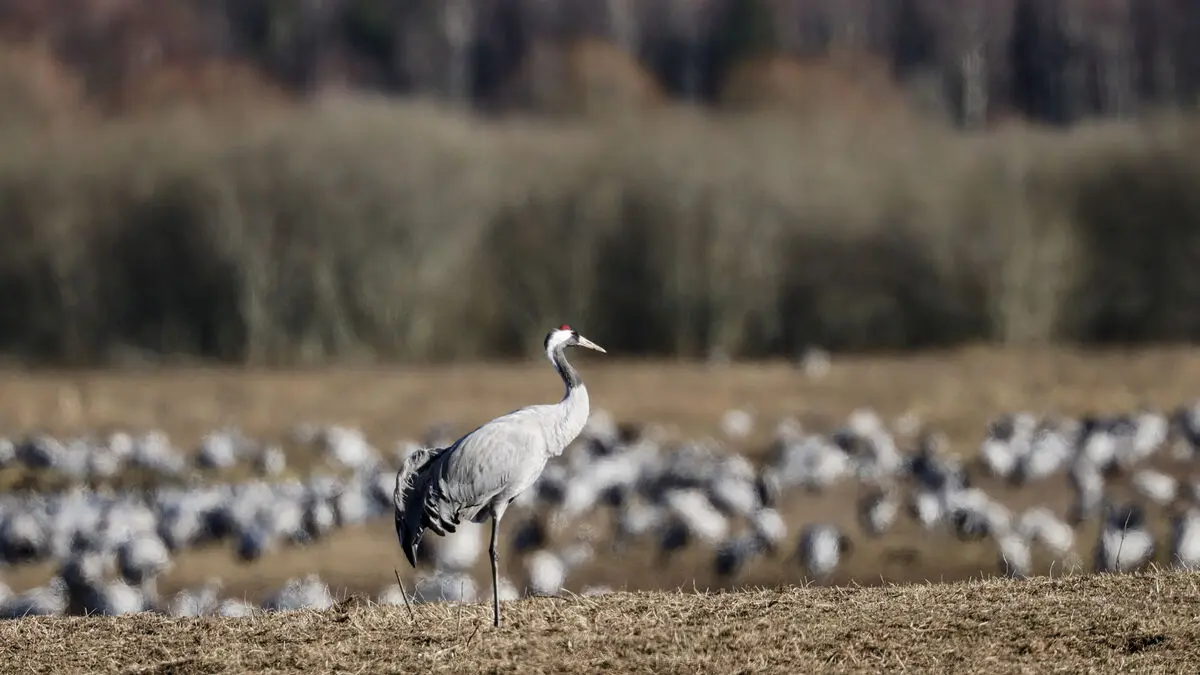One of Australia's national symbols is struggling on several fronts. Enormous forest fires, decreasing habitats and traffic have taken a hard toll on the population, which has decreased drastically over the past decades.
Furthermore, chlamydia is raging. In addition to causing urinary tract infections, koalas can become infertile, blind and even die from the bacterial disease.
If koalas are treated with antibiotics, the ability to digest eucalyptus may be knocked out. This is, to say the least, worrying, since eucalyptus leaves are the only thing koalas eat.
A shot is the key
But now there is hope. This week, a single-shot vaccine developed by the University of the Sunshine Coast after more than ten years of research was approved, which can be used in animal hospitals, rehabilitation centers and in the wild.
"We knew that a single-dose vaccine – without the need for a booster – was the answer to reducing the rapid, devastating spread of this disease, which accounts for as much as half of koala deaths in all wild populations in Australia," says Professor Peter Timms, who led the research, in a press release.
"Need help"
The complex vaccine gets the koala's immune system to recognize and combat the chlamydia bacteria. The symptoms decrease, as does the risk of spread. The mortality rate is reported to decrease by at least 65 percent.
The question is just how koalas in the wild will get the shot. Researchers and nature conservationists hope that both federal authorities and states will provide funding.
We need help to get the vaccine from research to reality, says Timms to ABC.






